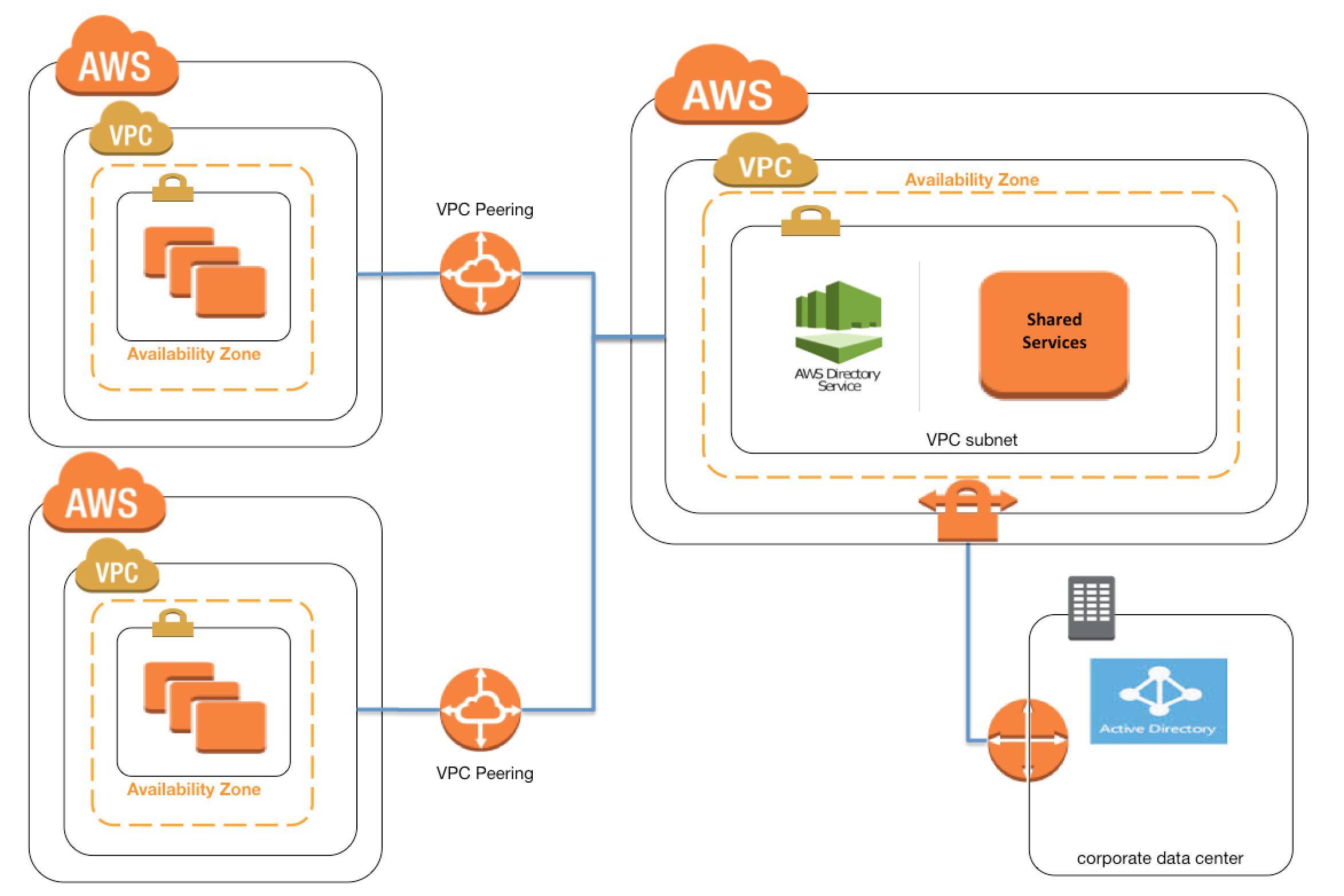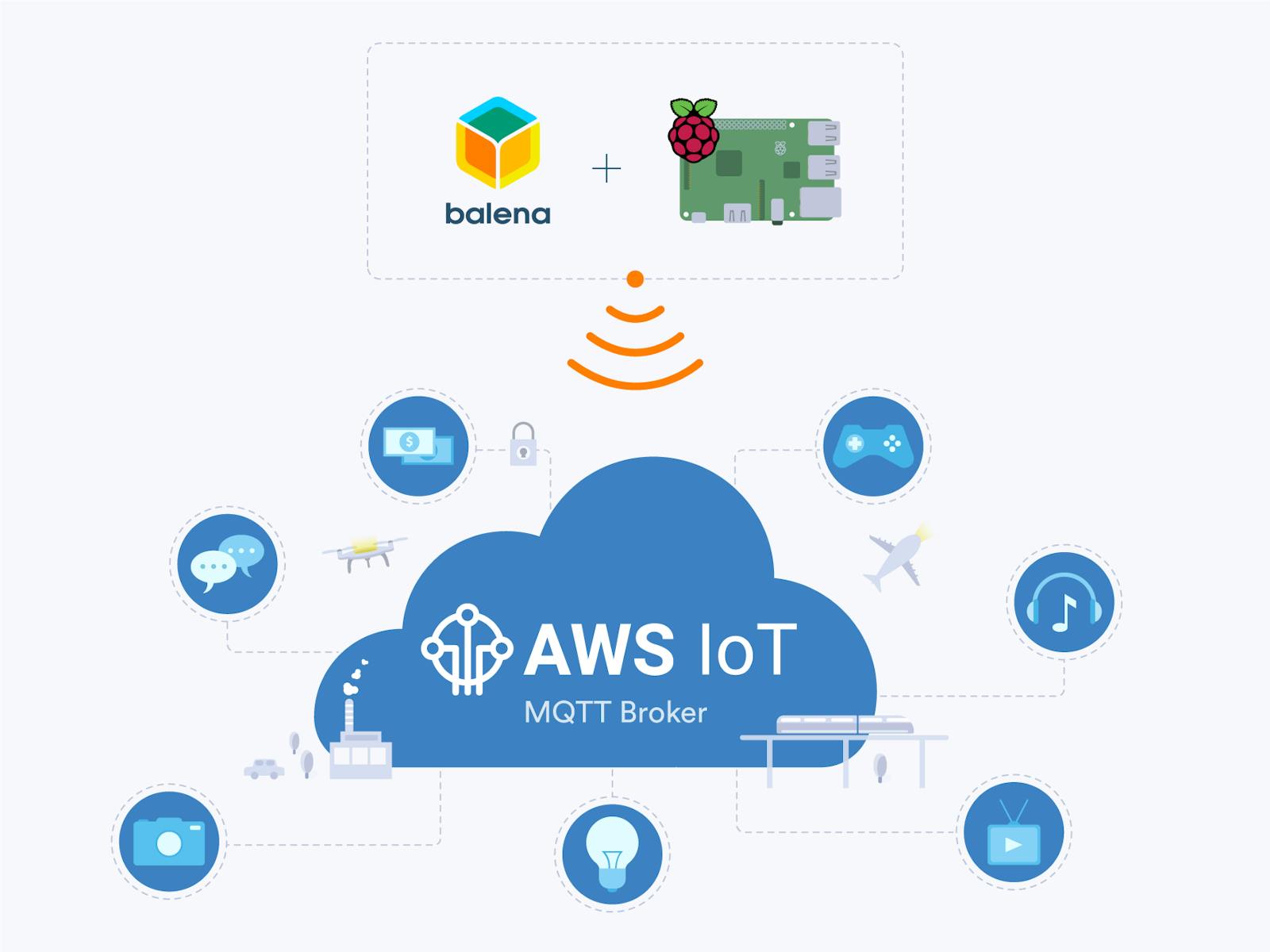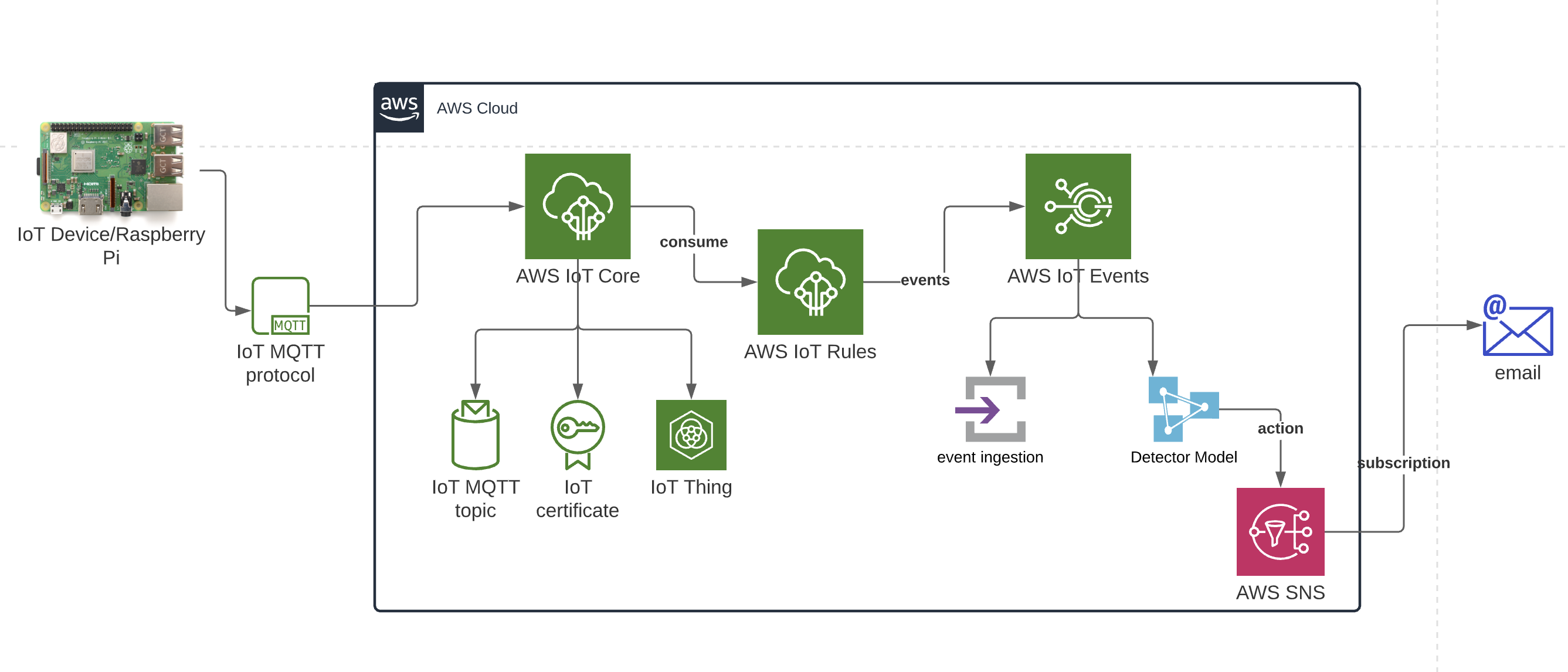The integration of Raspberry Pi with Amazon Web Services (AWS) to create a secure and scalable RemoteIoT VPC network represents a paradigm shift in how we approach the Internet of Things. This combination is no longer a futuristic concept but a practical solution that can significantly enhance both personal projects and business operations. As IoT continues to expand across industries, the need for robust, secure, and efficient network infrastructures becomes increasingly critical. By leveraging the capabilities of Raspberry Pi and AWS, users can construct networks that meet the demands of modern IoT applications while ensuring data security and device management.
The IoT landscape is evolving at an unprecedented pace, offering innovative solutions tailored to diverse sectors. A RemoteIoT VPC network, powered by Raspberry Pi and AWS, allows for the extension of local networks into the cloud. This setup provides a secure and isolated environment for IoT devices, which is particularly beneficial for applications dealing with sensitive data or requiring stringent security measures. For example, industries such as healthcare, finance, and manufacturing are rapidly adopting IoT solutions to streamline operations and enhance efficiency. The ability to create a scalable, secure network is crucial for these industries to maintain compliance and protect valuable assets.
| Name | John Doe |
| Position | Senior IoT Engineer |
| Company | IoT Innovations Ltd. |
| Years of Experience | 12 years |
| Specialization | IoT Network Architecture and Security |
| Notable Projects | Smart City IoT Infrastructure, Industrial IoT Solutions |
| Education | Bachelor's in Computer Science, Master's in Cybersecurity |
| Reference | AWS VPC Documentation |
The synergy between Raspberry Pi and AWS offers numerous advantages. Scalability is one of the most significant benefits, allowing networks to grow seamlessly as the number of connected devices increases. Security is another critical aspect, with AWS providing robust tools to protect data and devices. Efficiency is enhanced through automated processes and remote management capabilities, reducing the need for manual intervention. Additionally, cost-effectiveness is a major draw, as the combination of Raspberry Pi's affordability and AWS's flexible pricing models makes it an attractive option for both startups and established enterprises.
- Sara Saffari Nudes Unveiling Facts Myths And The Truth Behind The Headlines
- Bollywood Movies Why Bollyflix Is Every Film Lovers Dream
Use cases for this setup are varied and impactful. In smart home automation, a RemoteIoT VPC network can enable homeowners to control appliances, lighting, and security systems from anywhere in the world. Industrial monitoring applications can leverage this technology to track machinery performance and environmental conditions in real-time, leading to predictive maintenance and operational improvements. Remote sensing applications, such as those used in agriculture, can collect data on soil moisture, weather patterns, and crop health, aiding in informed decision-making. Data collection across multiple locations becomes streamlined, providing businesses with valuable insights to drive growth and innovation.
The configuration process involves several key steps. First, setting up an AWS VPC requires defining subnets, route tables, and security groups to create a secure and isolated environment. Configuring Raspberry Pi as a gateway involves installing necessary software, such as MQTT brokers or web servers, to facilitate communication between devices and the cloud. Establishing secure communication is crucial, often achieved through encrypted protocols like TLS. Each step must be executed meticulously to ensure the network functions optimally and securely.
Challenges in implementing this solution include complexity, particularly for those unfamiliar with cloud infrastructure and IoT technologies. Security configuration demands a thorough understanding of potential vulnerabilities and the implementation of appropriate safeguards. Network latency can be an issue, especially in applications requiring real-time data processing. Cost management is another consideration, as while the initial setup may be affordable, ongoing expenses such as data transfer and storage can add up over time.
Best practices are essential for maximizing the benefits of a RemoteIoT VPC network. Secure access methods, such as SSH, should be employed to protect against unauthorized access. Static IP configuration ensures consistent connectivity, while firewall settings help filter out malicious traffic. Regular security audits are vital to identify and address any vulnerabilities that may arise. These practices contribute to a robust and reliable network infrastructure.
The impact of this technology extends beyond individual applications, influencing broader societal trends. As IoT becomes more integrated into daily life, the demand for secure and efficient networks grows. This shift is evident in the rise of smart cities, where IoT solutions enhance public services and infrastructure. Celebrities and influencers in the tech industry, such as Elon Musk and Tim Cook, have expressed interest in IoT's potential to revolutionize various sectors. Their involvement highlights the significance of this technology and its potential to reshape the world.
In the realm of smart home automation, companies like Google and Amazon are investing heavily in IoT solutions. Google Nest and Amazon Alexa have become household names, showcasing the growing popularity of IoT devices. These companies are setting trends that others in the industry are eager to follow. The integration of Raspberry Pi and AWS into this ecosystem offers a cost-effective and customizable alternative for developers and enthusiasts alike.
Industrial applications of IoT are equally transformative. Companies in manufacturing, logistics, and energy sectors are adopting IoT solutions to enhance productivity and reduce costs. Predictive maintenance, enabled by real-time data analysis, minimizes downtime and extends the lifespan of machinery. Remote monitoring allows for the supervision of operations in hazardous environments, ensuring worker safety. These advancements contribute to a more sustainable and efficient industrial landscape.
Agricultural IoT applications are gaining traction as farmers seek to optimize crop yields and resource usage. Sensors deployed across fields provide valuable data on soil conditions, weather patterns, and plant health. This information enables farmers to make informed decisions about irrigation, fertilization, and pest control. The result is increased productivity and reduced environmental impact, addressing global challenges such as food security and climate change.
The intersection of IoT with other emerging technologies, such as artificial intelligence and blockchain, presents exciting possibilities. AI can enhance data analysis capabilities, enabling more accurate predictions and smarter decision-making. Blockchain can ensure the integrity and traceability of data, addressing concerns about privacy and security. These technologies, when combined with IoT, have the potential to create powerful solutions that address complex societal issues.
As the IoT landscape continues to evolve, the integration of Raspberry Pi and AWS into RemoteIoT VPC networks represents a significant advancement. This combination offers scalability, security, and efficiency, making it a viable solution for a wide range of applications. From smart homes to industrial operations and agricultural practices, the impact of this technology is far-reaching. As society becomes increasingly reliant on interconnected devices, the importance of secure and efficient networks cannot be overstated.
- Hdhub4u 2025 Movie Download Your Ultimate Guide To Streaming And Downloading Movies
- Jameliz Benitez Smith Leak Unveiling The Truth Behind The Headlines


